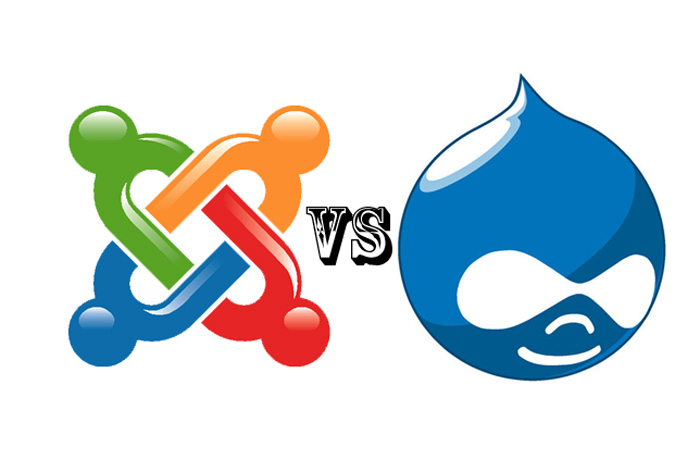Tags: CMS, CMS platform, CMS software, content management system, Drupal
Why You Should Use Drupal for a CMS Website

From personal website to community portals, Drupal has been helping site owners make an impact online ever since it was launched. Offering more than 2,000 themes and design options as well as 20,000 modules, it’s loved by both owners and developers alike. In fact, it serves as the back-end infrastructure for several notable custom websites on the World Wide Web today.
Besides the above mentioned, the following are some of the main reasons why this CMS platform is making waves in its industry:
Highly Customizable – With its vast number of themes, designs, layouts and ease of operation, Drupal designers and web developers have a smorgasbord of choices when it comes to creating custom websites. This includes addressing complex client requirements.
Allows Rapid Deployment – Regardless of complexity, this CMS allows business owners and companies to launch functionalities and core features easily and quickly. Using Drupal, developers can also make changes to their creations even after deployment, which is critical post feedback and when making tweaks according to business requirements.
Pros and Cons of Using Drupal

Drupal has come a long way from its humble beginnings as a simple, open source CMS platform. It has effectively evolved into a strong web development program loved by programmers and developers alike. It’s widely used in 200 countries across the globe, is available in more than 180 languages and is used by the likes of Sony Music, Ubuntu and even the White House!
However, just like any tech, Drupal also has its fair share of downsides along with benefits.
The Pros…
- Customizable – Drupal has a number of design features and development tools that programmers absolutely love. Besides literally 1000s of readymade and customizable themes and templates, it has the ability of streamlining web development. This has proven quite handy for developers, especially those who have to maintain an online presence for ever-changing brands.
- Feature filled – The CMS platform comes complete with a number of features that are designed specifically to cater to serious developers. This includes a comprehensive menu, system admin, RSS feeds to name a few and which can be used to manage large websites as well as blogs. This includes the ability to create new user accounts quickly, which can be tweaked for custom permissions for users.
Joomla vs. Drupal – Which is Better?

Joomla and Drupal may be considered some of the best open source content management software out there, but the one you choose should be based on your specific requirements. Even though they are similar in several aspects, they differ in the type of content they can effectively manage. Of course, that is not to say that either is better than the other, but it’s better to look at what you need first before downloading either one. The following guide can help you narrow down your choice:
Drupal is Best for…
Even though large brands such as Yahoo!, McDonalds and Best Buy use Drupal, they use other software for their main websites. For instance in Yahoo it is used to manage style guides, while it is used to manage Best Buy’s online magazine. It is also preferred in the education sector by universities such as Duke, Stanford and Rutger to name a few who use it for their mail site. In fact, MIT also uses it to manage its media lab since it is very easy to use. The CMS may not be suitable for everybody, but it is still popular with those whose skills are not technically strong.
How to Choose between CMS platforms

Choosing a content management system (CMS) that can fulfill all of your requirements can be a challenging endeavor. Without clear cut requirements, you might be tempted to download the first one that has the fanciest features! The following analysis will help you narrow down your choices to pick an appropriate one:
Check Functionality
Now when most people are looking for a CMS, they look for one that can help them edit, organize, create and manage content on their websites. This is an incorrect assumption since not all content management systems are capable of all of those features. For instance, not every blogging platform allows users to manage pages in a hierarchy. Some even go so far as to post blogs at random or according to date. This may be ideal in certain circumstances, but this limitation can be quite frustrating if you wish to say, post a large DIY tutorial in one go.
Your job is to first ascertain what you need from your CMS along with the basic features you need to make changes if necessary. Be wary of those that do not allow you to accomplish core tasks such as structuring and organizing pages. There are literally thousands of such open source software out there and you will need to test a couple out before sticking to one.